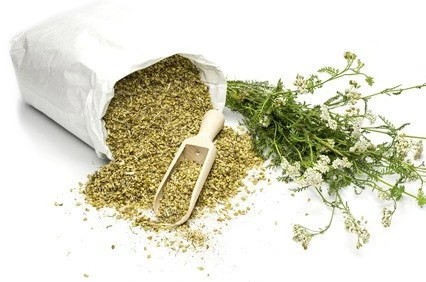Description
Other Details
Reviews
Other customers also viewed
Sweet Wormwood (Artemisia Annua)
1,90€
2,00€
Orig. Retail Price: 2,00€ -5%
Low. Price last 30 days: 1,90€ 0%
Marshmallow (Althaea officinalis)
2,85€
3,00€
Orig. Retail Price: 3,00€ -5%
Low. Price last 30 days: 2,85€ 0%





